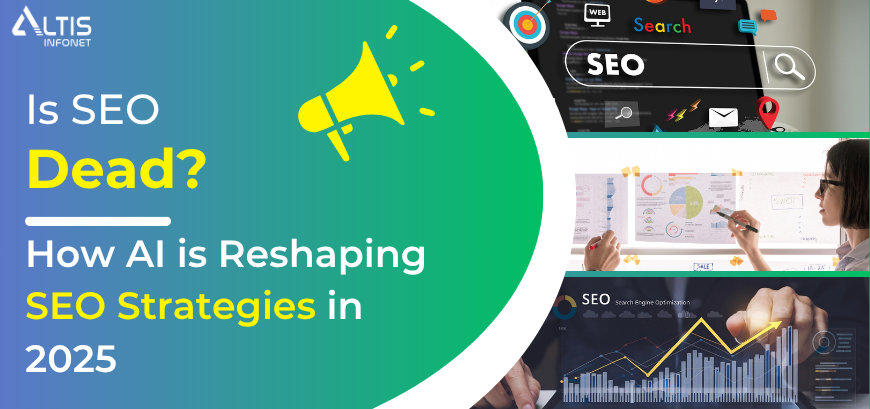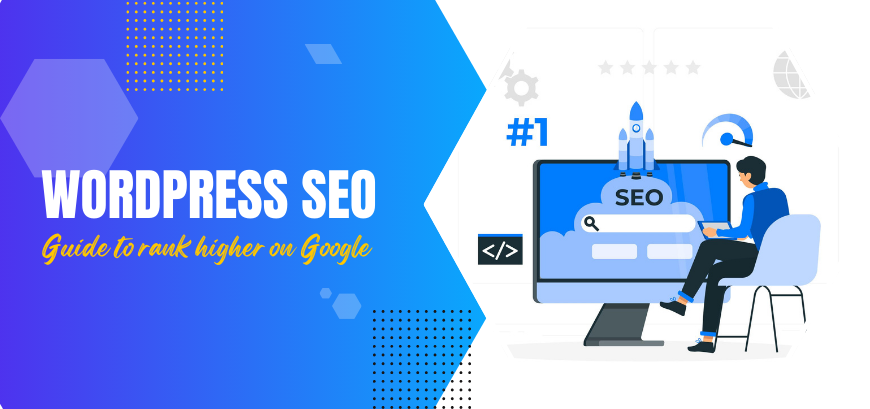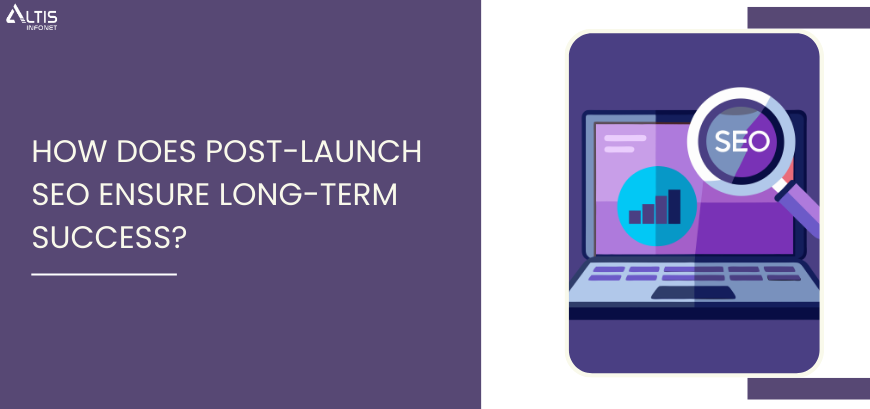The Changing SEO Landscape
Is SEO dead? No, it’s not, but it has fundamentally changed. For years, brands could rely on keyword optimization, content structure, and technical SEO to predict search rankings. However, generative AI has disrupted traditional search by prioritizing relevance, intent, and user experience.
Social media signals such as likes, shares, and engagement now directly influence content discoverability. While Google still dominates with 89.62% of the global search market share, AI-driven search engines and chatbots are reshaping how users find information.
The key to success lies in adaptation. Below, we explore how AI impacts SEO, the role of social media, and actionable strategies to stay visible in this new era.
The Impact of AI on SEO
Generative AI tools like ChatGPT, Grok, and Claude have forced search engines like Google to rethink content ranking. Machine learning algorithms now prioritize user intent, context, and content quality over simple keyword matching.
For example, a search for “content management system” no longer just lists websites—it provides an AI-generated summary synthesizing multiple sources. This shift means high-quality, relevant content is more critical than ever.
However, AI’s influence extends beyond search rankings. AI-powered chatbots and virtual assistants retrieve information directly from websites, often without driving traffic back to the source. According to TollBit’s Q4 2024 report, AI chatbots generate 95.7% less referral traffic than traditional Google search.
To adapt to AI-driven search, brands must focus on high-quality content that informs and engages. Understanding user intent and optimizing content to answer questions clearly is essential. Additionally, leveraging social media to amplify reach and staying informed about AI advancements will help maintain visibility in this evolving landscape.
How AI is Redefining Customer Acquisition and SEO Visibility
AI isn’t just changing content creation—it’s transforming how brands are discovered. Traditional SEO and paid search are no longer enough. Instead of browsing search results, users ask AI tools like ChatGPT or Google’s AI Overviews direct questions.
If your brand isn’t included in AI-generated summaries, you’re invisible—regardless of your SEO efforts. Emerging tools like Profound analyze AI search visibility, revealing that less than half of AI-cited links come from Google’s top 10 results.
For marketers, this means optimizing for AI visibility is crucial. Building a strong brand narrative that AI can easily summarize ensures you remain part of the conversation. Embracing AI-powered advertising and influencer marketing, where automated A/B testing and synthetic campaigns dominate, will also be key. The future of customer acquisition will happen in AI chat responses and autonomous interactions, making it essential to adapt strategies accordingly.
What AI Scraping Means for Your Content
AI bots are scraping content at unprecedented rates—but unlike Google, they rarely send traffic back to your site. TollBit reports that AI scraping activity doubled between Q3 and Q4 2024, meaning your content powers AI answers without direct visits.
This presents several challenges. Declining referral traffic means users get answers without clicking through. Traditional bot-blocking methods like robots.txt are increasingly ineffective as AI crawlers bypass restrictions.
To address this, brands must explore new monetization strategies, such as licensing content to AI platforms. Monitoring AI scraping activity through analytics tools can also provide insights into how often your content is being used, helping you make informed decisions about distribution and revenue models.
Tools and Techniques to Adapt Your SEO Strategy
AI-powered SEO tools are revolutionizing how brands optimize content. Platforms like Clearscope and MarketMuse analyze top-ranking content to recommend keyword usage and structure, ensuring alignment with user intent. Technical SEO audits using tools like Lumar and Screaming Frog help identify crawl errors and duplicate content that could hinder performance.
Optimizing for AI search engines requires structured data implementation through schema markup. This helps search engines understand and feature your content in rich snippets and AI-generated responses. Focusing on user intent by developing comprehensive answers to audience questions improves relevance in an AI-driven landscape.
Natural Language Processing (NLP) plays a critical role in modern SEO. Incorporating conversational keywords and emphasizing entity recognition ensures content aligns with AI’s semantic understanding. High-quality, authoritative content that demonstrates expertise and trustworthiness remains a cornerstone of successful SEO in the AI era.
How Social Media Became Crucial for SEO
Search engines now consider social signals such as likes, shares, and comments as ranking factors. Additionally, platforms like Instagram, TikTok, and YouTube function as search engines themselves, making social media optimization essential.
Instagram has shifted from hashtags to keyword-rich captions, requiring brands to incorporate relevant terms for discoverability. Facebook’s algorithm prioritizes engagement, making consistent interaction with audiences vital. YouTube, as the second-largest search engine, demands optimized titles, descriptions, and tags to enhance visibility.
LinkedIn benefits from keyword-optimized profiles and articles, while Pinterest relies on detailed descriptions and strategic board organization. TikTok’s algorithm favors trending content, making keyword integration and hashtag strategy crucial for discoverability.
By tailoring SEO strategies to each platform’s unique functionalities, brands can maximize visibility and engagement across social media.
The Challenges of SEO in 2025: Why Brand Building Matters
AI-generated answers, zero-click searches, and conversational interfaces are reshaping SEO. Traditional tactics like keyword stuffing and low-quality backlinks no longer work. Instead, brand authority determines visibility.
Increasing branded search volume signals trust and recognition, even if direct traffic doesn’t immediately rise. Being cited in authoritative sources such as Forbes or niche publications enhances credibility. Engaging directly with audiences through newsletters, podcasts, and online communities reduces reliance on volatile search traffic.
The future of SEO hinges on building a strong, recognizable brand that both users and AI trust.
Future-Proofing SEO: Visual and Voice Search, Zero-Click Optimization
Visual search, powered by tools like Google Lens and Pinterest Lens, is growing in popularity. Optimizing high-quality images with descriptive alt text and implementing product schema markup ensures visibility in visual search results.
Voice search demands conversational, FAQ-style content that answers natural language queries. Optimizing for local “near me” searches enhances relevance for voice search users.
Zero-click searches, where users get answers directly from AI summaries, require brands to aim for featured snippets. Writing clear, concise answers to common questions increases the likelihood of appearing in AI-generated responses. Monitoring branded search volume and direct traffic helps measure success beyond traditional click metrics.
SEO Metrics That Matter in 2025
Branded search volume growth indicates increasing brand awareness and trust. Tracking AI search mentions measures visibility in zero-click scenarios. Direct traffic trends show whether users visit sites after encountering brand mentions elsewhere. Engagement signals such as time on page and social shares reflect content quality and audience satisfaction. Monitoring brand sentiment on social media provides real-time feedback on public perception.
By focusing on these metrics, brands can better understand their performance and refine strategies to align with evolving search behaviors.
Conclusion: The Future of SEO is Adaptation
SEO isn’t dying—it’s evolving. AI, zero-click searches, and social media are reshaping discovery. The brands that thrive will optimize for AI and voice search, build strong brand authority, leverage social media for SEO signals, and track the right metrics.
The game has changed—but with the right strategy, you can stay ahead. Adapt, optimize, and grow.
Final Thoughts
While AI and social media are transforming SEO services, partnering with Altis Infonet ensures your business stays ahead with cutting-edge digital marketing strategies tailored for the new search landscape. Get in touch with us today.




